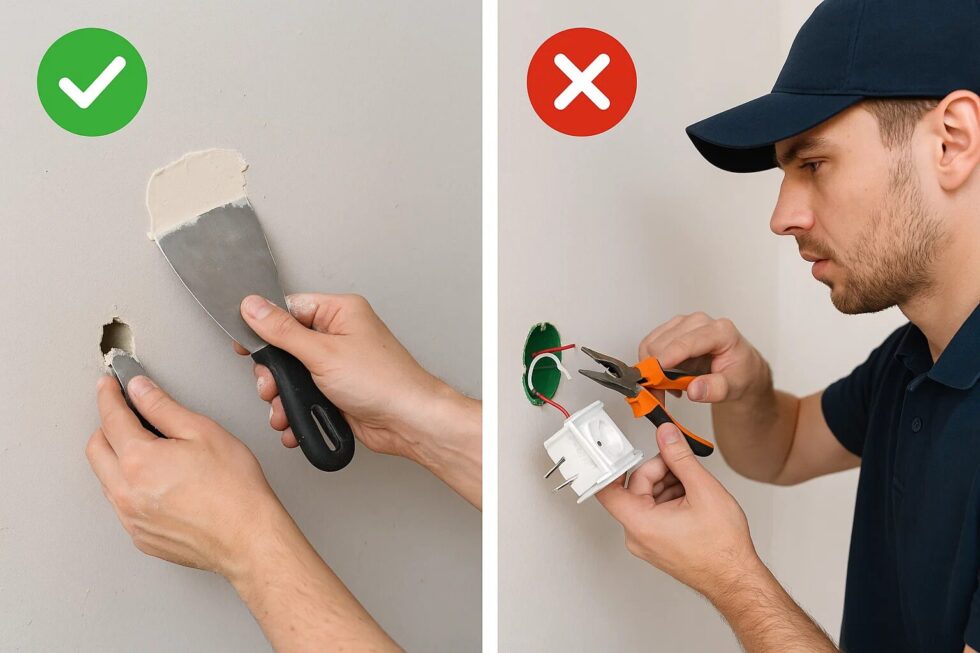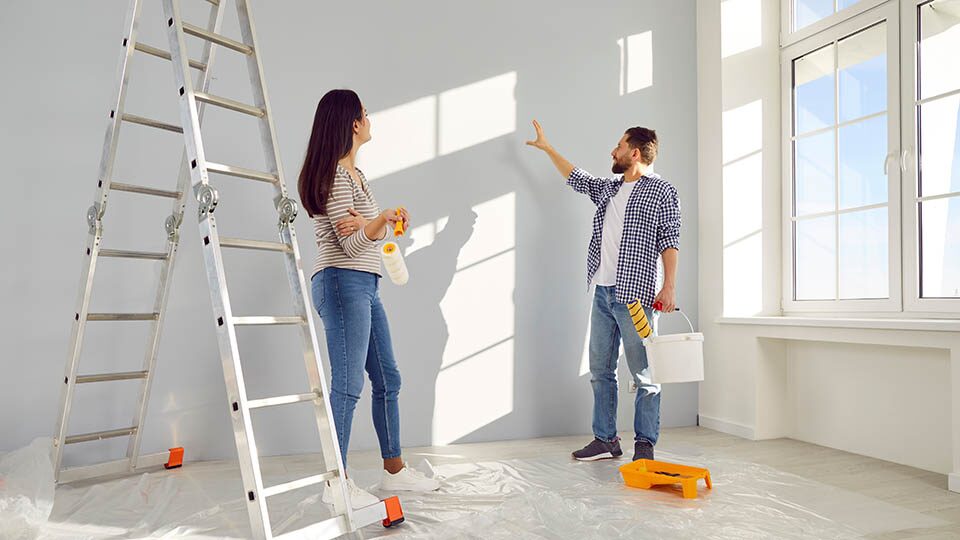What home renovation in Germany in 2025 is worth doing yourself, and when should you hire a professional

Home renovation is one of the most common ways for Germans to increase the value and comfort of their living space. Many people prefer to do certain tasks themselves to save money and gain satisfaction from hands-on work. However, not every job can be handled without risk — some tasks require professional expertise, licenses, and advanced equipment. Knowing what to do on your own and when to call in specialists is essential for both safety and cost-effectiveness. As noted by G.business, careful planning and dividing responsibilities properly can prevent expensive mistakes and ensure a smooth renovation process.
Renovation tasks you can safely do yourself
There are many home improvement jobs that can be completed by anyone with basic tools and patience. These tasks are ideal for homeowners who want to save money, learn new skills, and personalize their home. With proper preparation, DIY work can cut renovation costs by 30–40%.
Typical DIY-friendly tasks:
- Painting and wallpapering walls.
- Installing laminate or vinyl flooring.
- Mounting baseboards and decorative trims.
- Replacing light switches and sockets (basic jobs only).
- Building and assembling flat-pack furniture.
- Sealing bathroom and kitchen joints with silicone.
Renovation tasks that require professionals
Certain jobs in Germany are legally restricted and must be carried out by licensed specialists. Electrical and gas installations, for example, fall under strict safety regulations. Attempting these tasks without certification may not only be dangerous but can also void insurance coverage. Hiring professionals ensures compliance with building codes and guarantees long-term reliability.
Jobs requiring professionals:
- Full electrical wiring and fuse box installations.
- Gas boiler and heating system connections.
- Large-scale tiling in kitchens and bathrooms.
- Wall plastering and smoothing of large areas.
- Replacing windows and exterior doors.
- Installing air conditioning and ventilation systems.
Cost comparison: DIY vs professional renovation in Germany
The cost difference between DIY and hiring a contractor is significant. In Germany, professional workers charge €40–80 per hour, with higher rates in big cities like Berlin, Munich, or Hamburg. Doing some of the work yourself can save thousands of euros.
| Task | DIY cost | Professional cost | Potential savings |
|---|---|---|---|
| Painting a 20 m² room | €120 (paint + tools) | €800–1,000 | €700+ |
| Installing laminate flooring (25 m²) | €400 (materials) | €1,500 | €1,100 |
| Mounting a sink | €90 | €400 | €310 |
| Replacing a socket | €10–15 | €80–100 | €70+ |
Combining DIY with professional work
The most effective approach is often a mix: homeowners handle easier tasks, while specialists manage the more complex ones. This balance ensures cost efficiency while maintaining safety and professional standards.
Examples of a balanced approach:
- DIY: Painting, flooring, furniture assembly.
- Professional: Plumbing, electrical wiring, heating systems.
- DIY: Small decorative works, silicone sealing.
- Professional: Bathroom tiling, wall plastering.
Common mistakes in DIY renovation
Many homeowners underestimate the challenges of even simple renovation jobs. Errors in preparation or material choice often result in wasted time and higher costs for repairs.
Frequent mistakes include:
- Failing to prepare walls before painting.
- Using the cheapest paints and poor-quality materials.
- Forgetting to protect furniture and floors.
- Attempting complex electrical or plumbing jobs without training.
- Incorrect measurements before buying flooring or furniture.
- Rushing work and ignoring drying times for paint or adhesive.
Essential tools for DIY renovation
Investing in a proper toolset pays off quickly, especially if you plan multiple renovation projects. A well-prepared toolbox can save both time and stress.

Recommended tools for home renovation:
- Hammer drill with various bits.
- Orbital sander.
- Full screwdriver and wrench set.
- Laser level for precise alignment.
- Paint rollers, brushes, and trays.
- Hand and electric saws.
- Silicone gun for sealing joints.
Step-by-step renovation planning
Proper planning is crucial for a successful renovation. By dividing tasks into DIY and professional work from the start, you avoid unexpected costs and delays.
Renovation roadmap:
- Define your budget and timeline.
- Make a list of tasks you can realistically do yourself.
- Identify professional services required.
- Purchase materials and tools in advance.
- Prepare the home (cover furniture, secure floors).
- Complete DIY-friendly jobs step by step.
- Schedule professionals for complex installations.
- Inspect and review the final results.
Final remarks
In Germany, home renovation in 2025 is not only about saving money — it is also about creating safe, comfortable, and efficient living spaces. Simple tasks like painting, flooring, or decorating can easily be handled by homeowners, while regulated or highly technical jobs should always be left to certified experts. Combining personal effort with professional support is the smartest way to achieve high-quality results without overspending. Careful planning, patience, and choosing the right balance between DIY and specialists will ensure that your renovation project is both affordable and durable.
Stay connected for news that works — timely, factual, and free from opinion — and insights that matter now: What are the 10 proven tips to remove bad smells at home